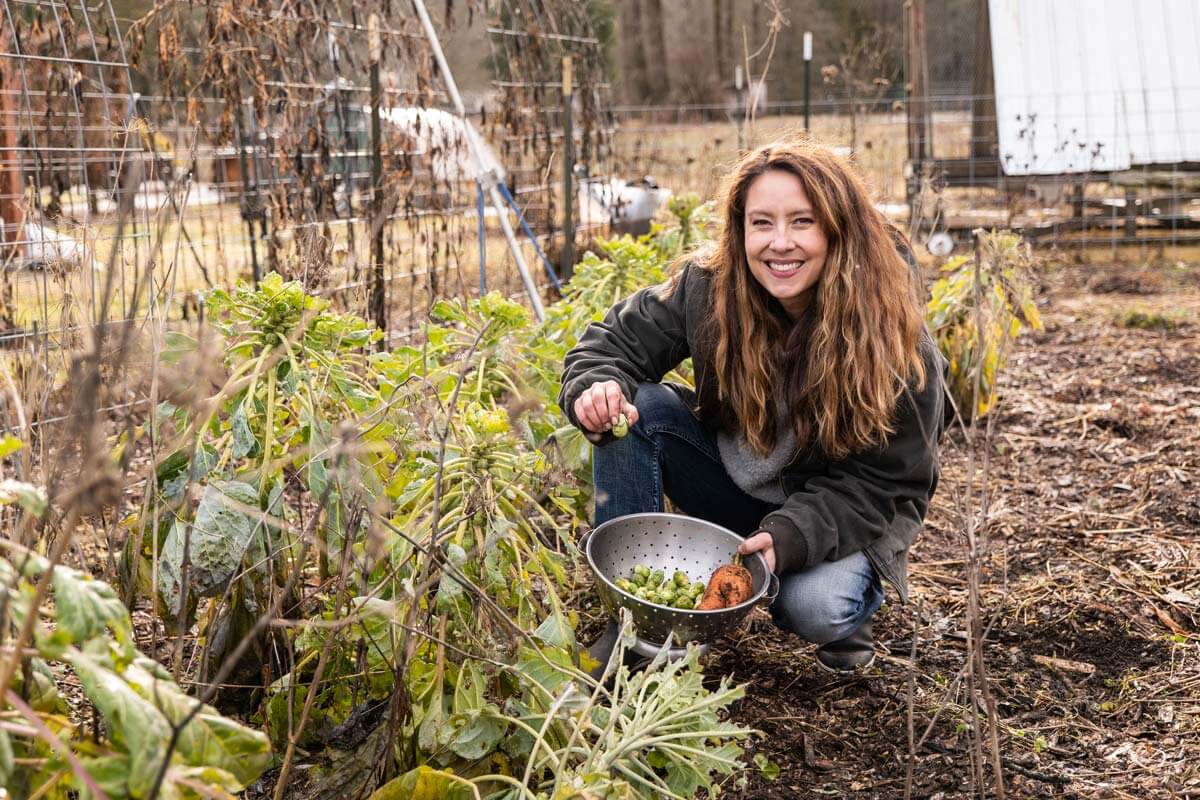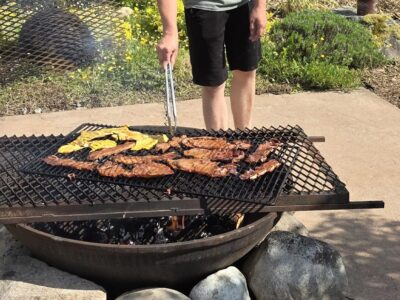As the new year is unfolding and life seems to be more stable, it’s time for a health update and a warning for everyone… we’re doing too much!
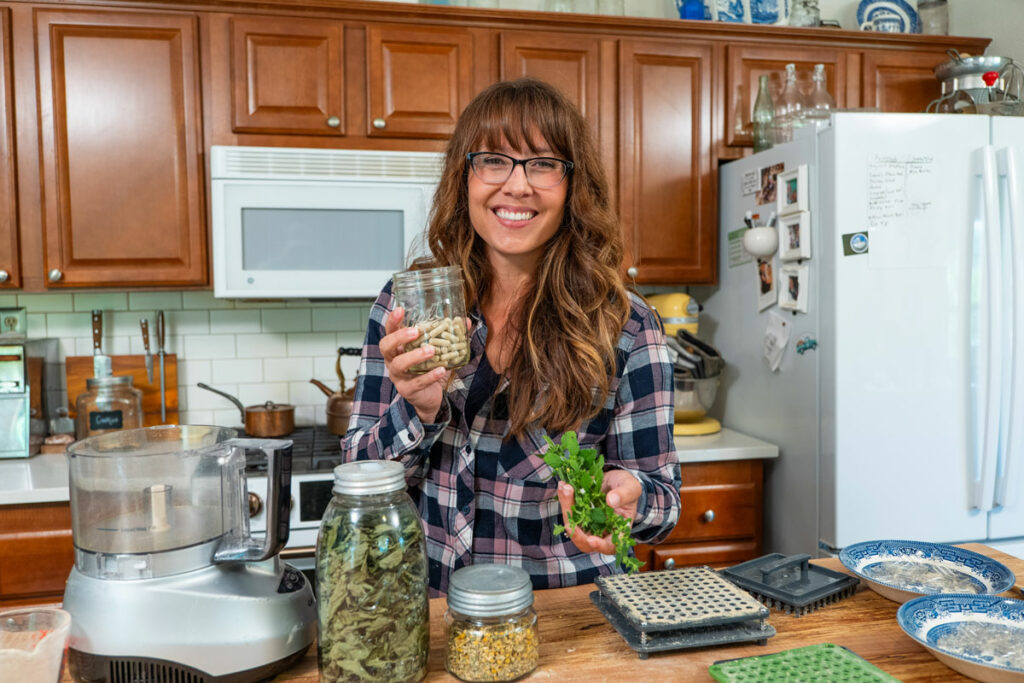
Ok, so maybe not “everyone” is doing too much, but I certainly was. After 35 days straight of illness from November to the New Year, my body finally said “I give” and put me out (flat on my back most days).
Natural Remedies Made Simple

Start your home apothecary with confidence—even if you’re brand new. Learn how to choose the right herbs for your body using the simple principles of herbal energetics.
Discover how warming, cooling, drying, and moistening herbs affect your body—so you can stop guessing and start making remedies that actually work.
This amount of downtime really gives one a lot of time to think and reflect on what got me here in the first place. For me, it was burnout.
I identified the need for more margin in my day-to-day life. By nature, I’m an overachiever, a go-getter, and a dream-maker. In other words, if I think something is a good idea and could be helpful or beneficial for others, I’ll find a way to make it happen.
This isn’t necessarily a bad thing, but when margin is ignored, it can become detrimental to one’s health. I experienced this firsthand at the end of 2023.
Enjoy today’s podcast (episode #414, Health Update & The Warning for Everyone), and I hope it gives you the perspective and encouragement to include margin in your life.
Table of Contents[Hide][Show]
In This Episode
- My need for surgery. Including details about my surgery and the outcome. If you missed why I needed surgery, you can listen to (or read) more about that here.
- Two weeks post-surgery, getting a virus and having it for 35 days!
- Changes to my thyroid, including symptoms I should have been suspectful of, but ignored.
- Purchasing our Farmstay in 2022 and changes we’ve made over there.
- Expanding our cattle herd (listen to that episode here).
- How to book a stay at our Farmstay or join us for in-person workshops.
- Expanding the herb gardens at the Farmstay.
- Reducing my garden size.
- Reducing the number of YouTube videos I publish each month.
- Changing my podcasts from weekly to seasons, taking a couple of weeks off between seasons.
- Why we’re not getting another dairy cow… yet!
- How grateful I am for you, those who listen to these podcasts, watch my YouTube videos, visit my website, purchase one of my classes, buy one of my books or join my membership.
- Why margin is such a good and healthy thing to have in our lives!
- What I’m doing to improve my health:
- 30-minute walk outside w/out listening to a podcast.
- Reducing the amount of input I’m taking in throughout the day and giving my brain a chance to rest and just be!
- Taking time five days a week to get into a weight lifting plan (you can see what I’ve done in the past here – link)
- Improving my mobility with stretching after my workouts.
- Every hour, take 5 minutes to just breathe. This will help reduce stress and find calm multiple times throughout your day.
- Listen to your body! If you ignore it for too long, it will catch up with you and make you listen. We don’t need to wear our “busyness” as a badge of honor. It’s honorable to care for your body and give it what it needs.
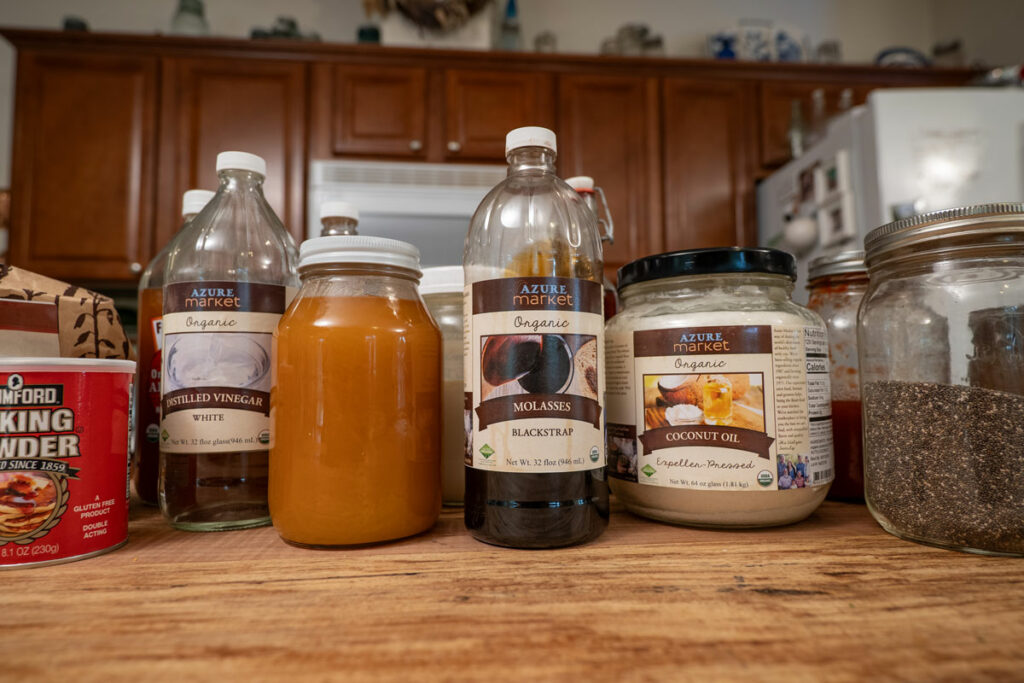
Azure Standard
Azure Standard is the sponsor for this podcast and my go-to when I’m under the weather and not making homemade food from scratch. If I need to purchase foods that I would normally make at home, the quality Azure Standard offers is top-notch. Specifically, the Alexander Family Farm A2/A2 brand of yogurt (with the cream on top) is what I’ve been buying while not making homemade yogurt for the past couple of months!
If you’re a first-time Azure Standard customer, use that link and coupon code “Melissa10” at checkout to get 10% off your first order of $50 or more.
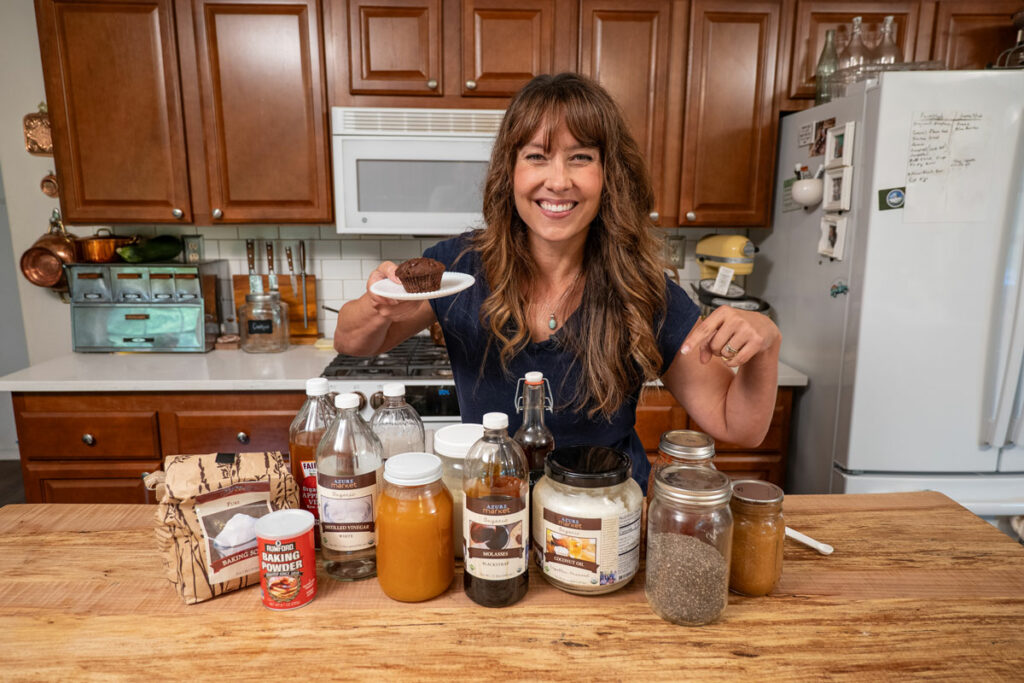
More Posts & Podcast Episodes You May Enjoy
- Our Broken Food System
- Toxin Testing & My Results
- The Nourishing Asian Kitchen (Sophia Eng)
- What is A2 Milk & What are the Benefits?
- Decoding mRNA in Meat w/ Joel Salatin
- Rebekah Rhodes’ Journey with Auto-Immune Disease
- Unplugging for One Year with Rory Feek
[fusebox_transcript]
